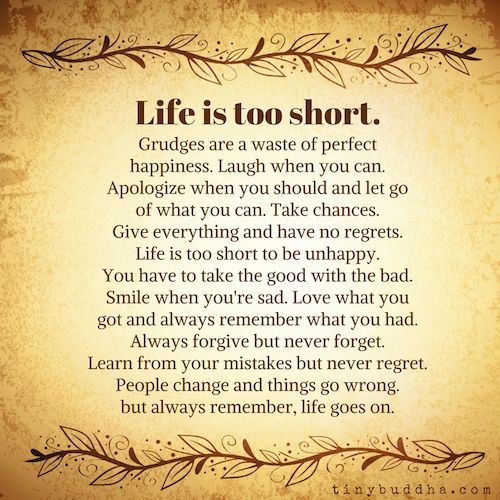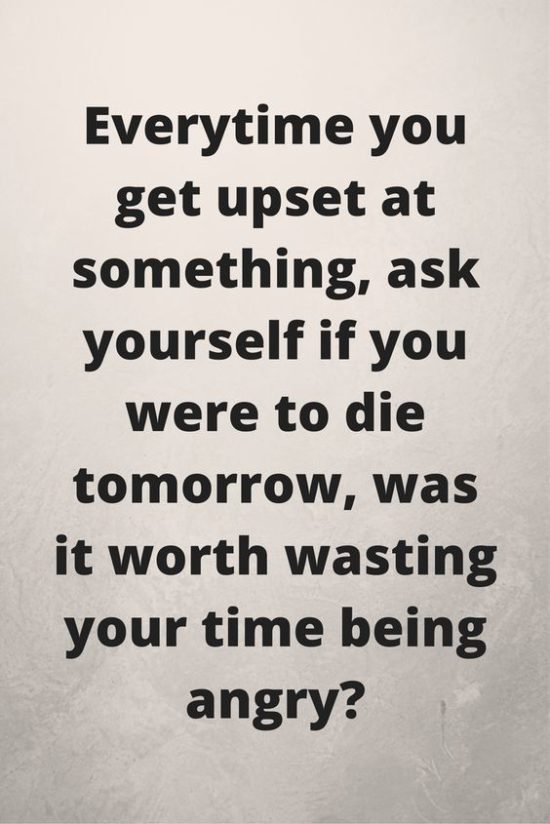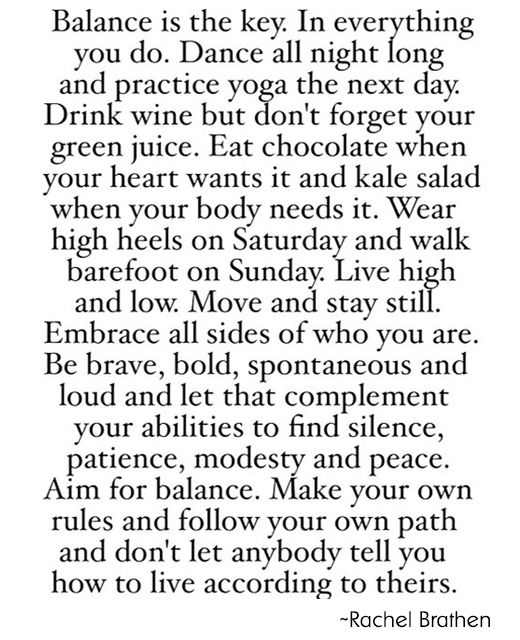How To Live A Good Life [Book]
Book Overview: Seriously . . . another book that tells you how to live a good life? Don’t we have enough of those? You’d think so. Yet, more people than ever are walking through life disconnected, disengaged, dissatisfied, mired in regret, declining health, and a near maniacal state of gut-wrenching autopilot busyness. How to Live a Good Life is your antidote; a practical and provocative modern-day manual for the pursuit of a life well lived. No need for blind faith or surrender of intelligence; everything you’ll discover is immediately actionable and subject to validation through your own experience.
Buy from Amazon! Listen on Audible!
Great on Kindle. Great Experience. Great Value. The Kindle edition of this book comes highly recommended on Amazon.
Post(s) Inspired by this Book:
The Story of Buddha and How Happiness is Not the Absence of Suffering [Excerpt]
Excerpt: The following recounts the life and story of Buddha and how he went from being a young, spoiled child to the sage we remember him as today.
Read More »The Story of Buddha and How Happiness is Not the Absence of Suffering [Excerpt]
“Most men pursue pleasure with such breathless haste that they hurry past it.” ~ Søren Kierkegaard, via How To Live A Good Life
“The only way to be comfortable with death is to understand and see yourself as something bigger than yourself; to choose values that stretch beyond serving yourself, that are simple and immediate and controllable and tolerant of the chaotic world around you. This is the basic root of all happiness. Whether you’re listening to Aristotle or the psychologists at Harvard or Jesus Christ or the goddamn Beatles, they all say that happiness comes from the same thing: caring about something greater than yourself, believing that you are a contributing component in some much larger entity, that your life is but a mere side process of some great unintelligible production.” ~ Mark Mason, The Subtle Art of Not Giving a F*ck
“Consumer culture is very good at making us want more, more, more. Underneath all the hype and marketing is the implication that more is always better. I bought into this idea for years. Make more money, visit more countries, have more experiences, be with more women. But more is not always better. In fact, the opposite is true. We are actually often happier with less. When we’re overloaded with opportunities and options, we suffer from what psychologists refer to as the paradox of choice. Basically, the more options we’re given, the less satisfied we become with whatever we choose, because we’re aware of all the other options we’re potentially forfeiting.” ~ Mark Mason, The Subtle Art of Not Giving a F*ck
“Research shows that once one is able to provide for basic physical needs (food, shelter, and so on), the correlation between happiness and worldly success quickly approaches zero. So if you’re starving and living on the street in the middle of India, an extra ten thousand dollars a year would affect your happiness a lot. But if you’re sitting pretty in the middle class in a developed country, an extra ten thousand dollars per year won’t affect anything much—meaning that you’re killing yourself working overtime and weekends for basically nothing.” ~ Mark Mason, The Subtle Art of Not Giving a F*ck
“The person you marry is the person you fight with. The house you buy is the house you repair. The dream job you take is the job you stress over. Everything comes with an inherent sacrifice—whatever makes us feel good will also inevitably make us feel bad. What we gain is also what we lose. What creates our positive experiences will define our negative experiences. This is a difficult pill to swallow. We like the idea that there’s some form of ultimate happiness that can be attained. We like the idea that we can alleviate all of our suffering permanently. We like the idea that we can feel fulfilled and satisfied with our lives forever. But we cannot.” ~ Mark Mason, The Subtle Art of Not Giving a F*ck
“Happiness is a constant work-in-progress, because solving problems is a constant work-in-progress—the solutions to today’s problems will lay the foundation for tomorrow’s problems, and so on. True happiness occurs only when you find the problems you enjoy having and enjoy solving.” ~ Mark Mason, The Subtle Art of Not Giving a F*ck
“Happiness comes from solving problems. The keyword here is ‘solving.’ If you’re avoiding your problems or feel like you don’t have any problems, then you’re going to make yourself miserable. If you feel like you have problems that you’ can’t solve, you will likewise make yourself miserable. The secret sauce is in the solving of the problems, not in not having problems in the first place.” ~ Mark Mason, The Subtle Art of Not Giving a F*ck
“We have problems perceiving nonevents. We are blind to what does not exist. We realize if there is a war, but we do not appreciate the absence of war during peacetime. If we are healthy, we rarely think about being sick. Or, if we get off the plane in Cancún, we do not stop to notice that we did not crash. If we thought more frequently about absence, we might well be happier.” ~ Rolf Dobelli, The Art of Thinking Clearly
Life is too short.
Picture Quote Text:
“Life is too short. Grudges are a waste of perfect happiness. Laugh when you can. Apologize when you should and let go of what you can. Take chances. Give everything and have no regrets. Life is too short to be unhappy. You have to take the good with the bad. Smile when you’re sad. Love what you got and always remember what you had. Always forgive but never forget. Learn from your mistakes but never regret. People change and things go wrong. But always remember, life goes on.”
Balance is the key. In everything you do.
Picture Quote Text:
“Balance is the key. In everything you do. Dance all night long and practice yoga the next day. Drink wine but don’t forget your green juice. Eat chocolate when your heart wants it and kale salad when your body needs it. Wear high heels on Saturday and walk barefoot on Sunday. Live high and low. Move and stay still. Embrace all sides of who you are. Be brave, bold, spontaneous and loud and let that complement your abilities to find silence, patience, modesty and peace. Aim for balance. Make your own rules and follow your own path and don’t let anybody tell you how to live according to theirs.” ~ Rachel Brathen
Peace Is Every Step: The Path of Mindfulness in Everyday Life

Book Overview: In the rush of modern life, we tend to lose touch with the peace that is available in each moment. World-renowned Zen master, spiritual leader, and author Thich Nhat Hanh shows us how to make positive use of the very situations that usually pressure and antagonize us. For him a ringing telephone can be a signal to call us back to our true selves. Dirty dishes, red lights, and traffic jams are spiritual friends on the path to “mindfulness”—the process of keeping our consciousness alive to our present experience and reality. The most profound satisfactions, the deepest feelings of joy and completeness lie as close at hand as our next aware breath and the smile we can form right now.
Post(s) Inspired by this Book:
- How To Live More Mindfully – The Fourteen Mindfulness Trainings of the Order of Interbeing
- How to Handle Your Anger – A Mindfulness Exercise from Thich Nhat Hanh
- Pillow Punching – Good or Bad for Anger Management?
- Thich Nhat Hanh Quote on the Present Moment and Appreciating the Flower When It’s Shown To You (Beyond the Quote 238/365)
“The source of love is deep in us, and we can help others realize a lot of happiness. One word, one action, or one thought can reduce another person’s suffering and bring him joy. One word can give comfort and confidence, destroy doubt, help someone avoid a mistake, reconcile a conflict, or open the door to liberation. One action can save a person’s life or help him take advantage of a rare opportunity. One thought can do the same, because thoughts always lead to words and actions. If love is in our heart, every thought, word, and deed can bring about a miracle.” ~ Thich Nhat Hanh, Peace is Every Step
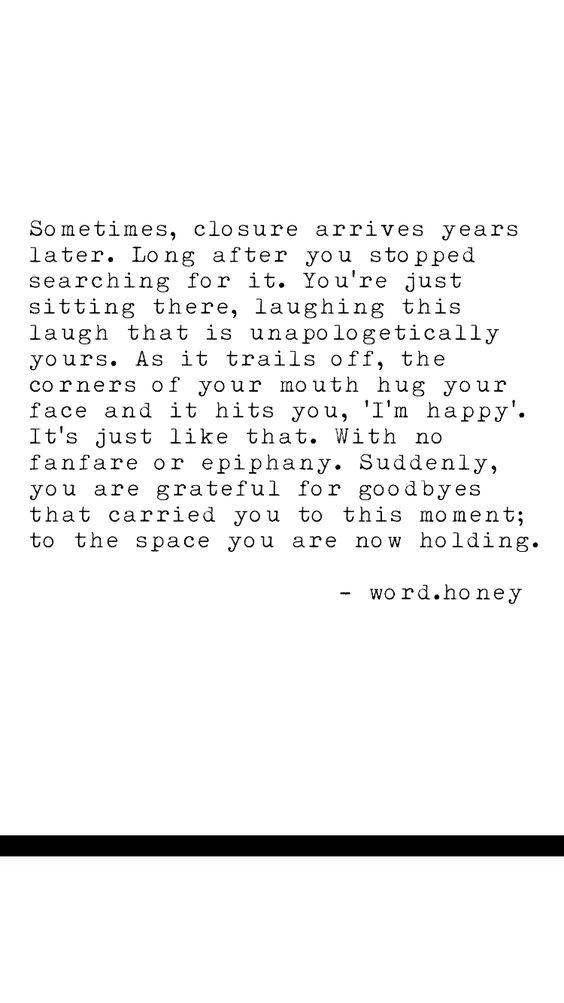


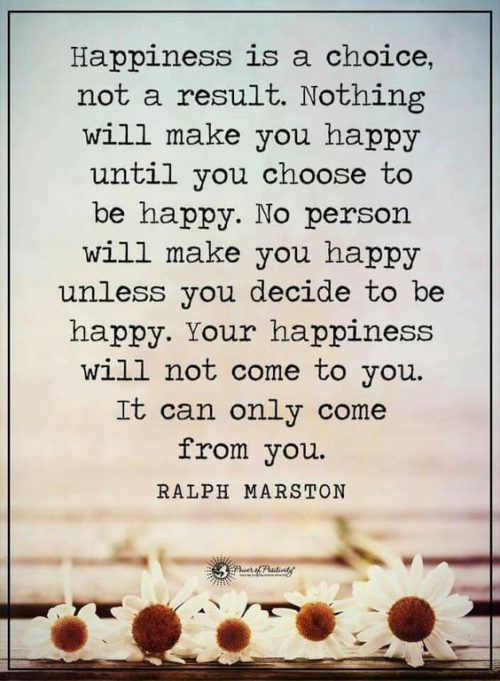
![The Story of Buddha and How Happiness is Not the Absence of Suffering [Excerpt]](https://movemequotes.com/wp-content/uploads/2017/02/IMG_0487-930x620.jpg)


